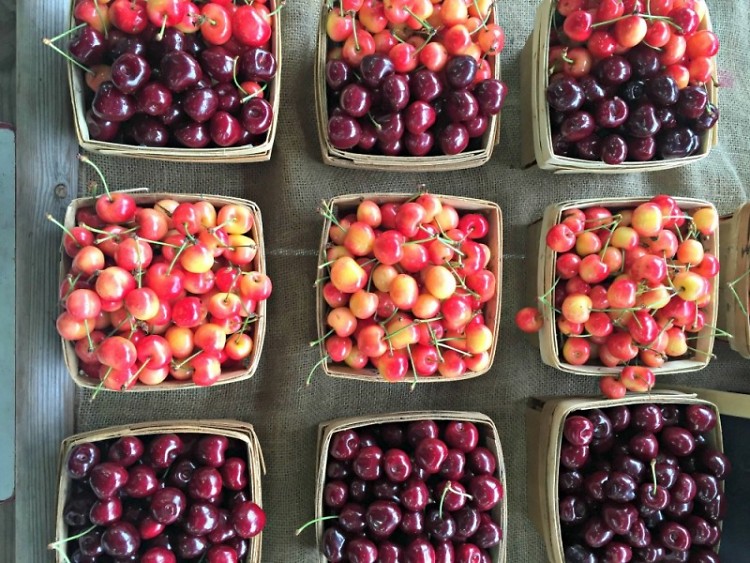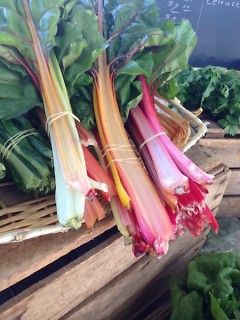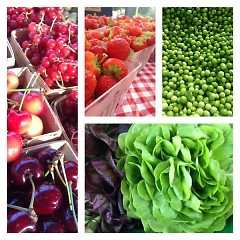Do you know where your dinner came from? Often we sit down to the table and don’t think about how far our food has travelled. Would you believe there are reports that estimate the average dinner has traveled 1,500 miles? We live in a world where our focus is labelled “organic” or “spray free” but often neglect to notice where the item traveled from. The salad you are eating for lunch wtih lettuce, tomatoes, cucumbers and radishes, are vegetables readily available in Michigan. Yet the mix you bought is more than likely grown and packaged out of state. So why is that important?
First, let’s look at the economic impact. Buying items from our local farmers cycles money back into our local economy, schools, and community services. That money helps the farmer to pay their bills. Local First reports that 68% of the money spent at a local business stays in the local economy versus only 43% for a non-local business. The more money we can keep in our local economy the stronger we make our community.
Second is the environmental impact. Buying items from our local farmers closes the distance that our food travels. At the Fulton Street Farmers Market nearly all of the farmers are located in Kent or Ottawa County. You are able to engage the farmer personally to educate yourself about the product. Out of state industrial farms are usually very single-product focused which can drain the land of certain minerals, while the local family farm uses crop diversity and rotation to help keep their farmland sustainable for the future.
Third are the health benefits of locally grown food. Beth Greenwood of “LiveStrong.com” reports that, “After picking, fruits and vegetables continue to breathe. This process, called respiration, breaks down stored organic materials, such as carbohydrates, proteins and fats, and leads to loss of food value, flavor and nutrients”. The items you purchase from the grocery store were likely picked before they were ripe, and then packaged and transported over several days or possibly more than a week to end up in your shopping cart. At the Farmers Market the items are more likely to be picked no more than 24 hours before ending up with you. Shopping local gives you the opportunity to talk with the farmer that grew the produce you are purchasing to see how his or her growing practices match your requests.
Fourth, by purchasing local you have access to a plethora of vegetable varieties that you won’t find at the grocery store. Most produce that is found in a grocery store is bred to be hardy and uniform, while the produce you find at the market is picked from a large selection of seeds ranging from heirlooms to new cross-breeds that help to make your eating and shopping experience unique. Some of the things you are not likely to find in a grocery store but that show up at the Fulton Street Farmers Market include: kiwi berries, garden peaches, Kammie apples, and lemon cucumbers. These items were grown and brought by local farmers who create vibrant mixes.
Lastly, purchasing local helps and promotes the unique agriculture community we have in West Michigan. Nationally, the average age of a farmer is 58.3 years (USDA 2012 Census of Farmers). That number is an increase of 1.2 year, from the census records 5 years before. However, the average at farmers' markets is significantly younger. One of the most cost effective ways for a young farmer to start building a presence is to attend a local farmers market.
Grand Rapids is home to many wonderful markets and committed farmers who put their best bounty forward!
The Rapidian, a program of the 501(c)3 nonprofit Community Media Center, relies on the community’s support to help cover the cost of training reporters and publishing content.
We need your help.
If each of our readers and content creators who values this community platform help support its creation and maintenance, The Rapidian can continue to educate and facilitate a conversation around issues for years to come.
Please support The Rapidian and make a contribution today.



